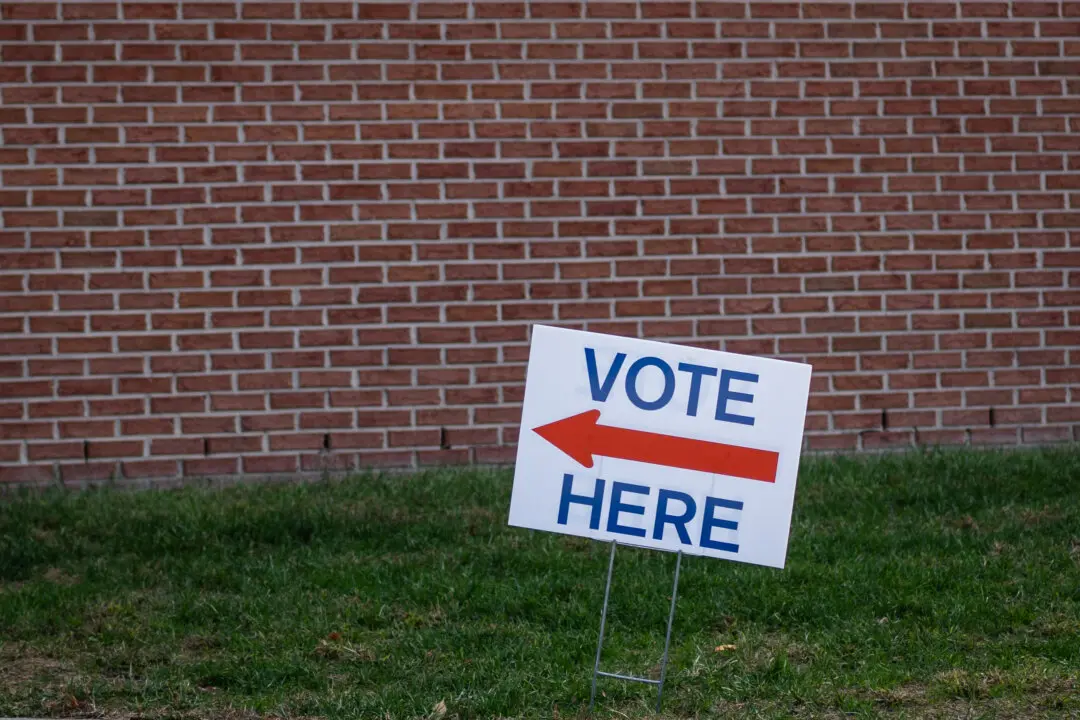Sens. Adam Schiff (D-Calif.) and Tim Kaine (D-Va.) introduced a resolution on Friday aimed at halting U.S. military strikes on drug trafficking operations in the Caribbean, saying the actions were launched without congressional approval.
The measure, filed under the War Powers Act, would prohibit use of the military against non-state groups involved in drug trafficking unless Congress authorizes it. War powers resolutions are privileged, meaning the Senate must take up the measure for debate and a vote.
The move follows two recent military strikes in the Southern Caribbean Sea—on Sept. 2 and Sept. 15—that targeted vessels that were carrying narcotics. Democratic lawmakers say they have not received key details about the incidents, including who was on board, the cargo, and the legal basis for lethal force.
President Donald Trump has said the vessels belonged to “extraordinarily violent drug trafficking cartels and narcoterrorists” operating out of Venezuela. He said the boats were carrying narcotics bound for the United States, calling them a direct threat to U.S. national security and vital interests.“Congress alone holds the power to declare war,” Schiff said in announcing the resolution. “And while we share with the executive branch the imperative of preventing and deterring drugs from reaching our shores, blowing up boats without any legal justification risks dragging the United States into another war and provoking unjustified hostilities against our own citizens.”
Kaine alleged the Trump administration had failed to explain why standard interdiction methods were not used.
“President Trump has no legal authority to launch strikes or use military force in the Caribbean or elsewhere in the Western Hemisphere,” Kaine said, adding that “Congress simply cannot let itself be stiff-armed as this administration continues to flout the law.”
The White House has said the earlier strike on Sept. 2 targeted the operations of Tren de Aragua, a Venezuelan transnational gang designated as a foreign terrorist organization, and that it was conducted in defense of U.S. national interests.
Defense Secretary Pete Hegseth said at the time the mission was part of a broader effort to protect the United States and the Western Hemisphere from drug cartels. “Anyone else trafficking in those waters who we know is a designated narco-terrorist will face the same fate,” Hegseth said.
The Democrat resolution argues that drug trafficking does not constitute an armed attack or an imminent threat justifying military action, and that designating an organization as a foreign terrorist group does not authorize use of force.
It directs the president to remove U.S. forces from hostilities against such groups unless explicitly authorized by Congress, while clarifying that the United States retains the right to act in self-defense against an armed attack.
Schiff and Kaine said that Congress supports efforts to stop narcotics from reaching the United States, but said intelligence, law enforcement, and diplomatic tools should be prioritized.
Jackson Richman contributed to this report.




